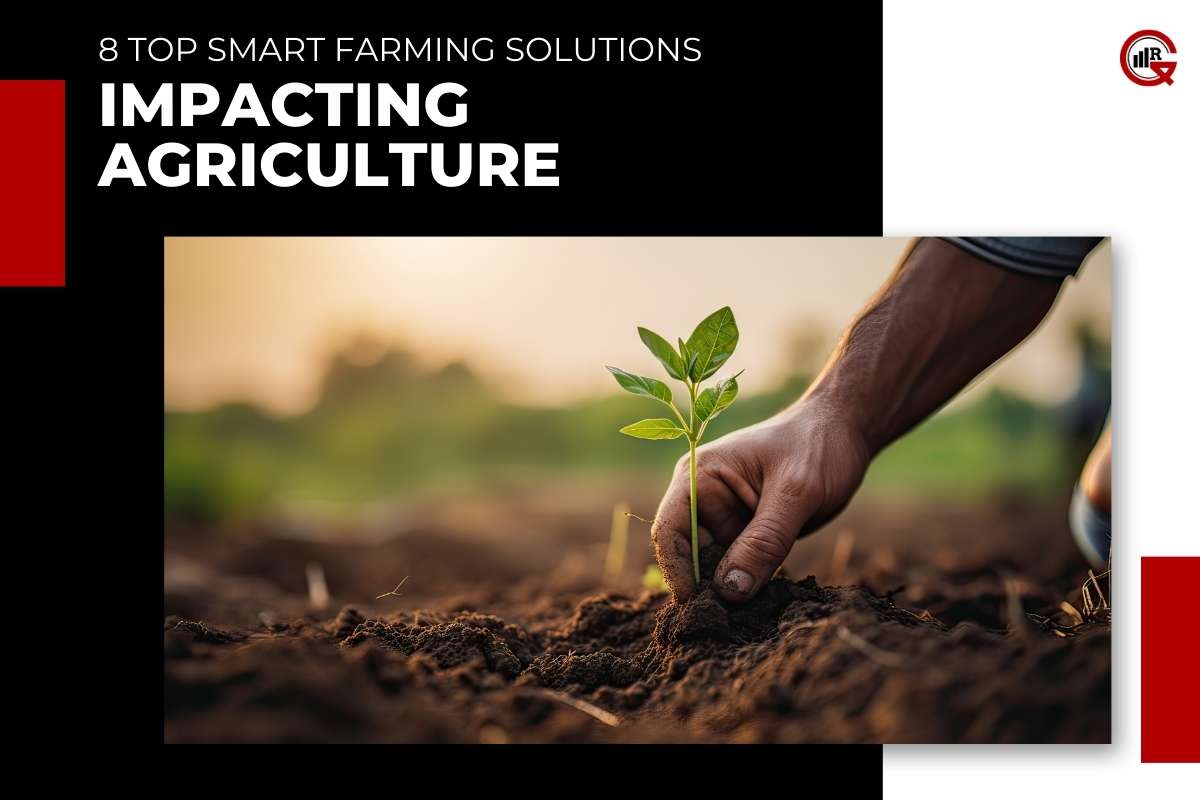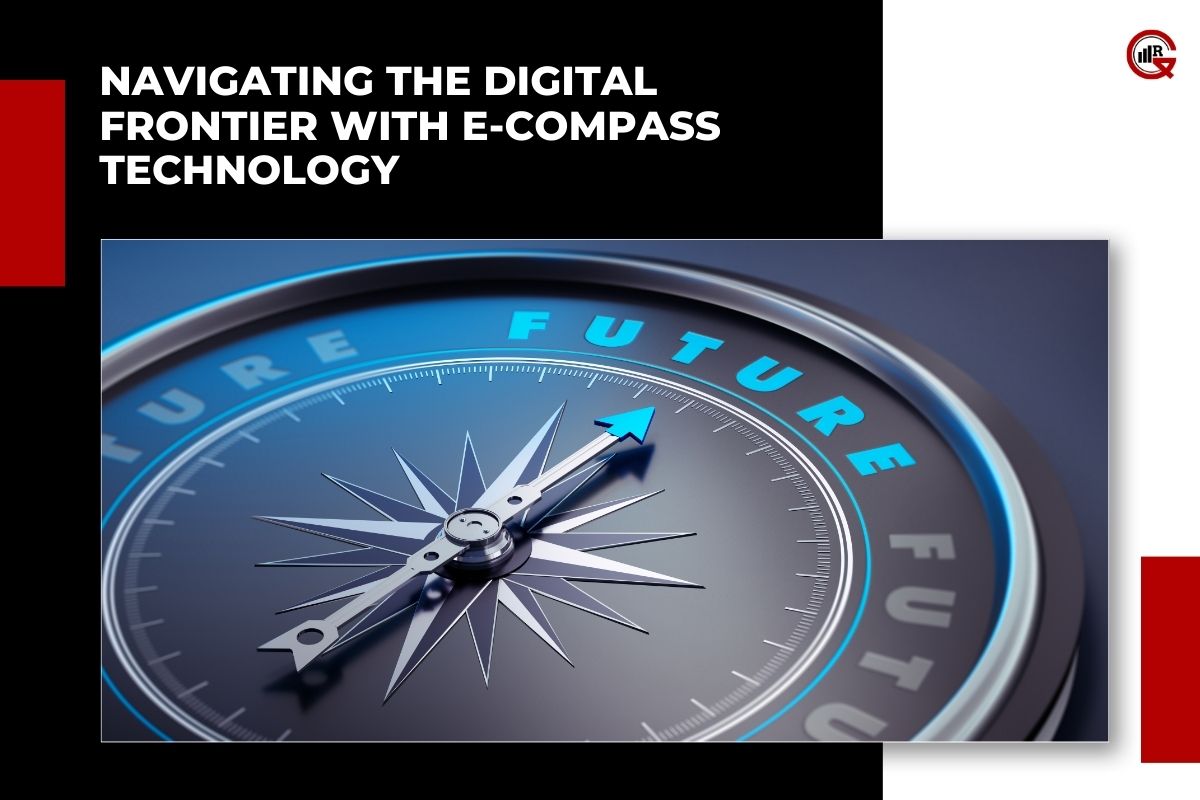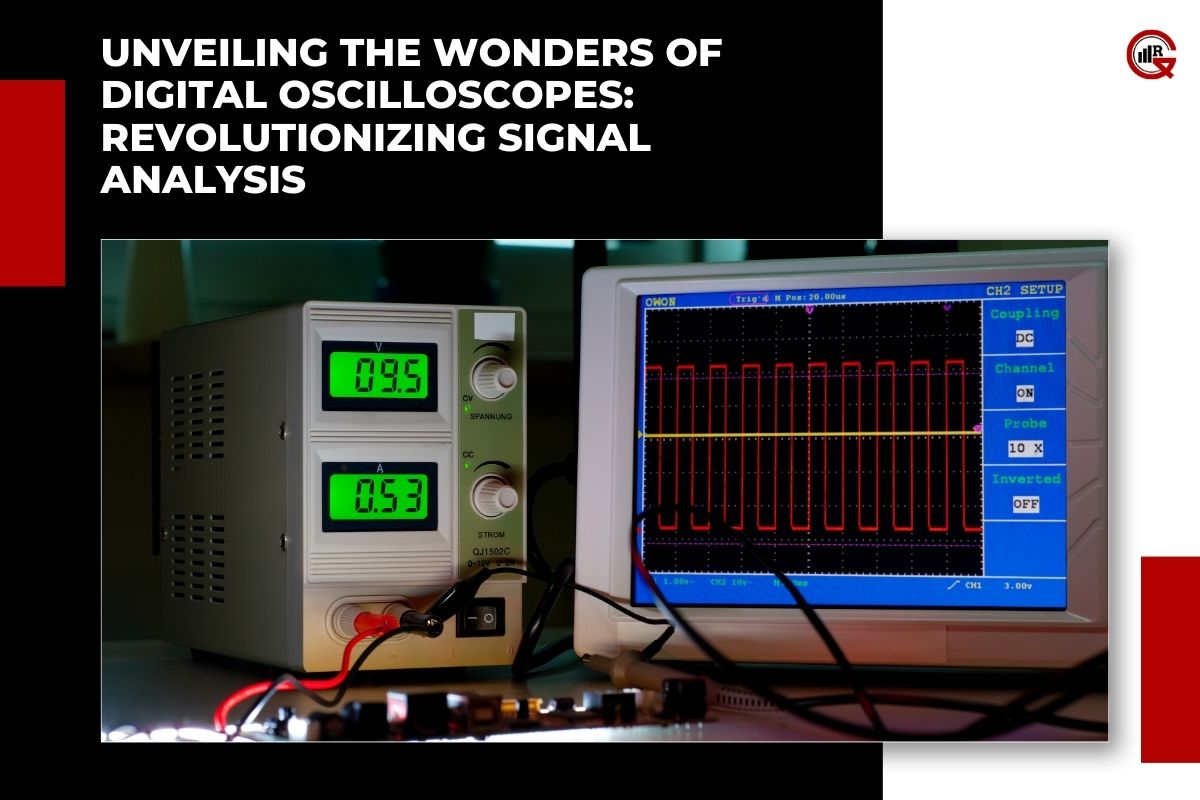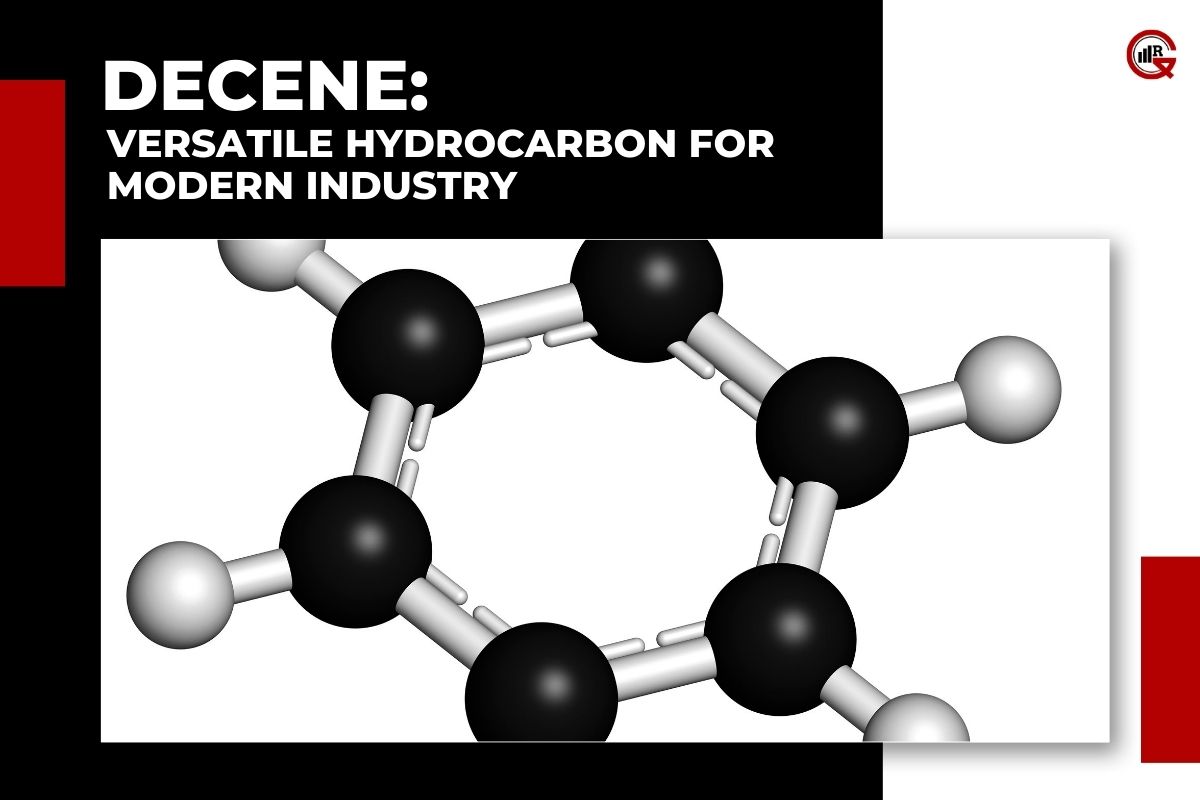In the modern age of agriculture, technology is rapidly transforming traditional farming practices, ushering in a new era of efficiency, sustainability, and productivity. Smart farming solutions, powered by cutting-edge technologies such as the Internet of Things (IoT), artificial intelligence (AI), and data analytics, are revolutionizing every aspect of agricultural production. In this article, we explore five top smart farming solutions that are making a significant impact on agriculture worldwide.
Here are the top five smart farming solutions:
1. Precision Agriculture
Precision agriculture is a smart farming solutions that utilizes data-driven technologies to optimize crop production and resource management. By leveraging IoT sensors, drones, satellite imagery, and AI algorithms, precision agriculture enables farmers to monitor field conditions in real time, make data-driven decisions, and implement targeted interventions for optimal crop growth and yield.0
Key applications of precision agriculture include:
- Soil mapping and analysis to assess soil health, fertility, and nutrient levels.
- Variable rate technology (VRT) for precise application of fertilizers, pesticides, and irrigation water based on soil and crop requirements.
- Remote sensing and satellite imagery for monitoring crop health, detecting pests and diseases, and assessing crop growth and yield potential.
- Automated machinery and robotic systems for precision planting, seeding, and harvesting, reducing labor costs and improving operational efficiency.
- By optimizing inputs and minimizing waste, precision agriculture maximizes crop yields while reducing environmental impact, making it a cornerstone of modern farming practices.
2. IoT-enabled Livestock Management
IoT-enabled livestock management is revolutionizing animal husbandry practices by providing farmers with real-time insights into the health, behavior, and performance of their livestock. Through wearable sensors, smart collars, and IoT-enabled monitoring systems, farmers can remotely track vital signs, activity levels, and feeding behavior of individual animals, enabling early detection of health issues and proactive management of herd health.
Key applications of IoT-enabled livestock management in farming solutions include:
- Health monitoring and disease detection through continuous monitoring of vital signs such as heart rate, temperature, and rumination patterns.
- Behavior analysis to identify signs of distress, estrus detection, and early warning of potential issues such as calving or lameness.
- Feed management and optimization through automated feeding systems and monitoring of feed intake and utilization, reducing feed waste and optimizing nutrition.
- By improving animal welfare, enhancing productivity, and reducing the risk of disease outbreaks, IoT-enabled livestock management is revolutionizing the way farmers care for their animals and manage their operations.
3. Crop Monitoring and Management
Crop monitoring and management farming utilize a combination of IoT sensors, drones, and AI-powered analytics to monitor and manage crop growth, health, and performance. These solutions provide farmers with real-time insights into soil conditions, water availability, pest infestations, and crop health, enabling proactive management and optimization of crop production.
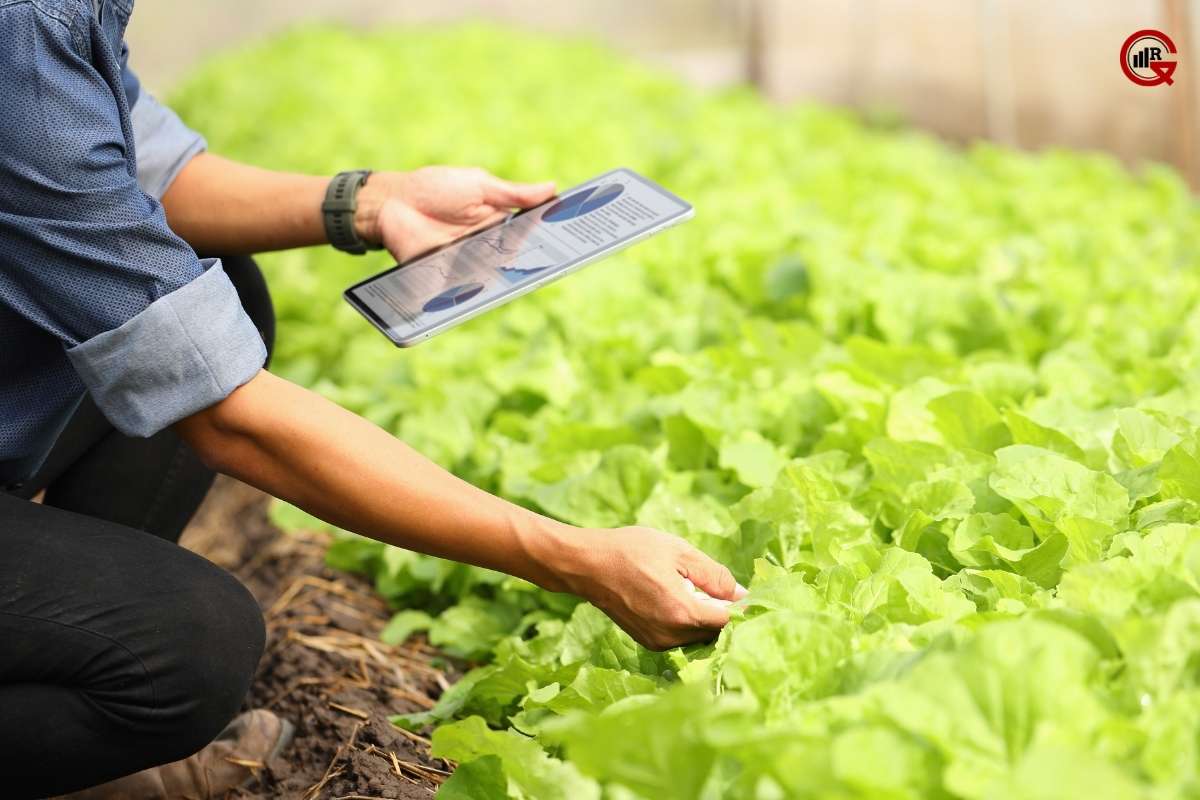
Key applications of crop monitoring and management farming solutions include:
- Soil moisture monitoring and irrigation management to optimize water usage and prevent water stress.
- Pest and disease monitoring through drone surveillance, satellite imagery analysis, and IoT sensors, enabling early detection and targeted pest control measures.
- Crop health monitoring through spectral imaging and vegetation indices, allows farmers to assess crop vigor, nutrient status, and stress levels.
- Yield prediction and forecasting using machine learning algorithms and historical data, enabling farmers to anticipate market demand and plan harvesting and marketing strategies accordingly.
- By providing farmers with actionable insights and decision-support tools, crop monitoring and management solutions enable more efficient, sustainable, and profitable crop production.
4. Automated Farm Machinery
Automated farm machinery, equipped with IoT sensors, GPS technology, and AI algorithms, is revolutionizing agricultural mechanization by enhancing efficiency, precision, and autonomy. These advanced machines can perform a variety of tasks autonomously, from planting and seeding to spraying, harvesting, and field mapping, reducing labor costs, improving operational efficiency, and optimizing resource utilization.
Key examples of automated farming solutions machinery include:
- Autonomous tractors equipped with GPS-guided steering systems and automated implements for precision planting, seeding, and tillage operations.
- Precision spraying drones equipped with sensors and AI algorithms for targeted application of fertilizers, pesticides, and herbicides, reducing chemical usage and minimizing environmental impact.
- Harvesting robots equipped with computer vision and robotic arms for automated fruit and vegetable harvesting, improving efficiency and reducing labor costs.
- By harnessing the power of automation and robotics, automated farm machinery is transforming the way farmers work, enabling them to achieve higher productivity, lower costs, and greater sustainability.
5. Blockchain-enabled Traceability
Blockchain-enabled traceability solutions are revolutionizing food supply chains by providing transparent, immutable, and secure records of product origin, quality, and authenticity. By leveraging blockchain technology, farmers, distributors, and consumers can track the journey of agricultural products from farm to fork, ensuring food safety, quality, and transparency throughout the supply chain.
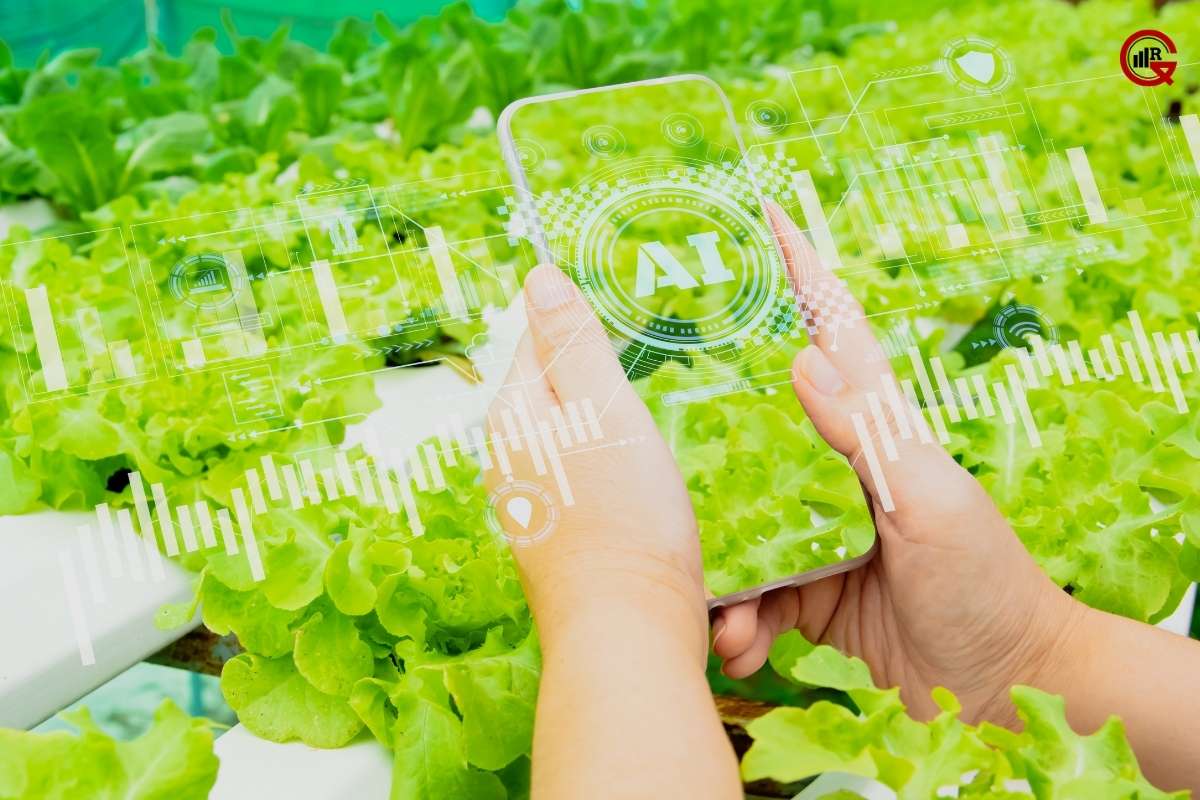
Key applications of blockchain-enabled traceability solutions include:
- Product authentication and verification, enable consumers to verify the authenticity and quality of agricultural products and ensure they meet regulatory standards.
- Supply chain transparency and visibility, allow farmers, distributors, and retailers to track and trace the movement of products in real-time, from production to distribution to consumption.
- Food safety and quality assurance, facilitating rapid identification and containment of foodborne outbreaks and contamination events by enabling swift recall and removal of affected products from the market.
- By enhancing trust, transparency, and accountability in the food supply chain, blockchain-enabled traceability solutions are empowering consumers to make informed choices and driving demand for safe, sustainable, and ethically sourced agricultural products.
6. Smart Water Management
Smart water management is a critical component of modern agriculture, especially in regions facing water scarcity and drought conditions. IoT-based solutions enable farmers to monitor and manage water resources more efficiently, minimizing waste and optimizing irrigation practices.
Key applications of smart water management in agriculture include:
- Soil moisture sensors provide real-time data on soil moisture levels, enabling farmers to adjust irrigation schedules and optimize water usage.
- Automated irrigation systems that use weather forecasts, soil moisture data, and crop water requirements to deliver precise amounts of water to crops, reducing water waste and ensuring optimal growing conditions.
- Water quality monitoring sensors detect contaminants and salinity levels in irrigation water, enabling farmers to mitigate risks to crop health and soil fertility.
- Water usage tracking and analytics platforms provide insights into water consumption patterns, enabling farmers to identify opportunities for water conservation and efficiency improvements.
- By adopting smart water management farming solutions, farmers can reduce water usage, improve crop yields, and mitigate the environmental impact of agriculture on water resources.
7. Climate-smart Agriculture
Climate-smart agriculture (CSA) integrates smart farming solutions technologies with climate change adaptation and mitigation strategies to enhance resilience and sustainability in agriculture. By leveraging IoT, AI, and data analytics, CSA enables farmers to adapt to changing climatic conditions, mitigate greenhouse gas emissions, and contribute to climate change resilience.
Key components of climate-smart agriculture include:
- Weather monitoring and forecasting systems that provide real-time data on weather patterns, enabling farmers to anticipate and prepare for extreme weather events such as droughts, floods, and storms.
- Climate risk assessments identify vulnerabilities and opportunities for climate adaptation and mitigation, helping farmers develop tailored strategies to manage climate-related risks.
- Carbon farming practices sequester carbon dioxide from the atmosphere and reduce greenhouse gas emissions through practices such as agroforestry, cover cropping, and conservation tillage.
- Crop diversification and resilient crop varieties are adapted to changing climatic conditions and can withstand temperature extremes, water scarcity, and pest pressures.
- By integrating smart farming solutions technologies with climate-smart agriculture practices, farmers can enhance resilience, reduce vulnerability, and ensure the long-term sustainability of agricultural systems in the face of climate change.
8. Data-driven Decision Support Systems
Data-driven decision support systems (DSS) leverage IoT, AI, and machine learning algorithms to analyze agricultural data and provide actionable insights and recommendations to farmers. These systems enable farmers to make informed decisions, optimize resource allocation, and improve productivity and profitability.
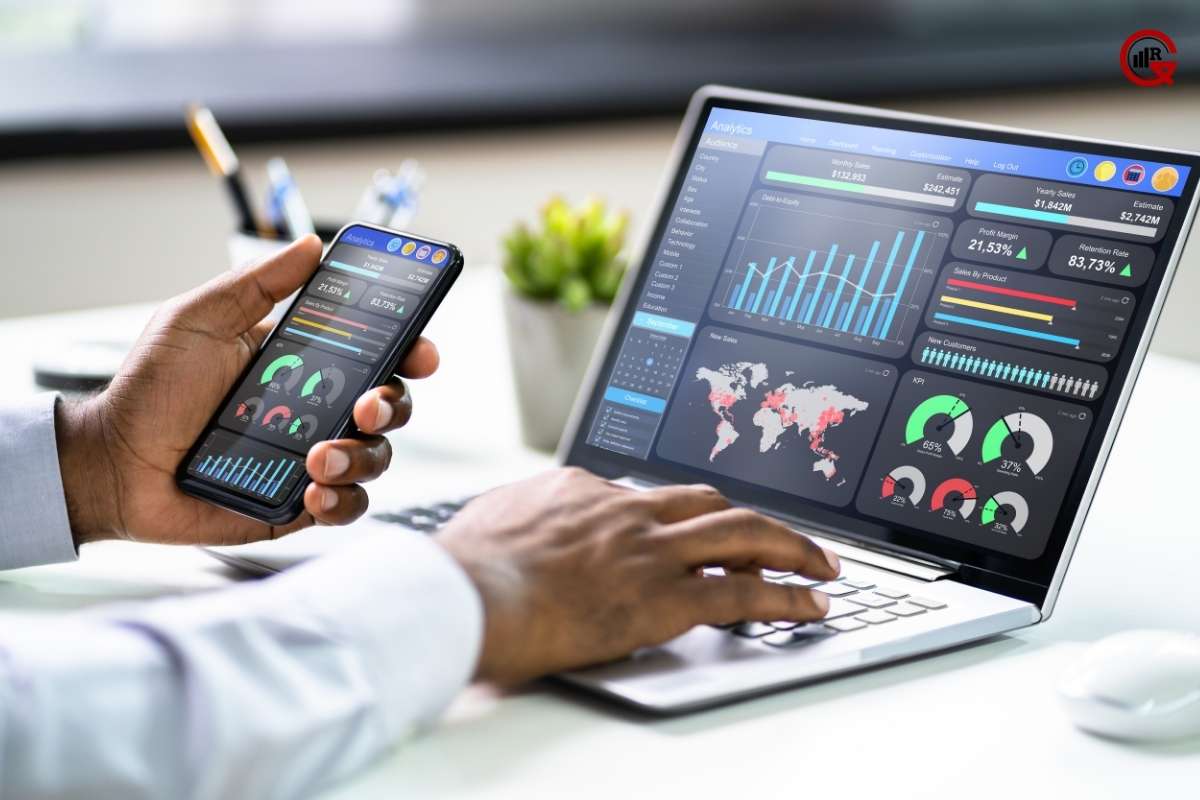
Key features of data-driven DSS include:
- Predictive analytics that forecast crop yields, market prices, and weather conditions, enable farmers to anticipate market trends and plan production and marketing strategies accordingly.
- Prescriptive recommendations that suggest optimal agronomic practices in farming solutions, such as planting dates, fertilization rates, and pest management strategies, are based on analysis of historical data and current field conditions.
- Monitoring and alerting systems that notify farmers of potential risks and opportunities, such as pest outbreaks, nutrient deficiencies, or market fluctuations, enable timely intervention and management.
- By harnessing the power of data-driven decision support systems, farmers can optimize their operations, reduce risks, and improve the overall performance and resilience of their farming solutions enterprises.
Conclusion
In conclusion, smart farming solutions powered by IoT technology are revolutionizing agriculture, enabling farmers to optimize production, enhance efficiency, and ensure sustainability. From precision agriculture and IoT-enabled livestock management to crop monitoring and management, automated farm machinery, and blockchain-enabled traceability, these innovative solutions are transforming every aspect of agricultural production and supply chains.
By harnessing the power of data-driven technologies, farmers can achieve higher yields, lower costs, and greater sustainability, ensuring food security and resilience in the face of global challenges such as climate change, resource scarcity, and population growth. As smart farming continues to evolve and expand, the future of agriculture looks brighter than ever, with endless possibilities for innovation, growth, and prosperity.

